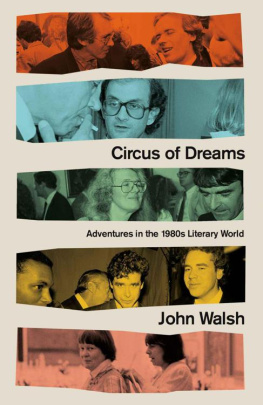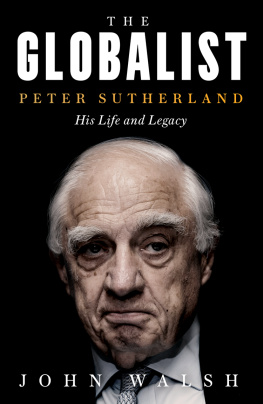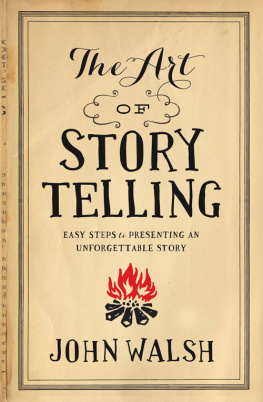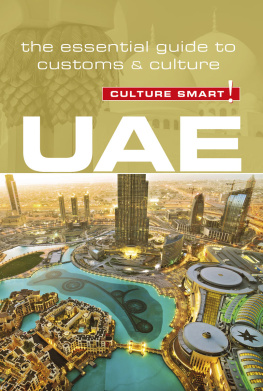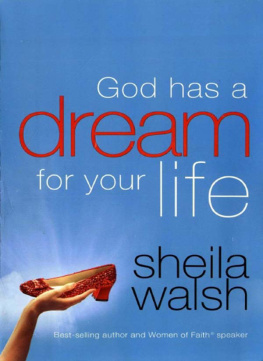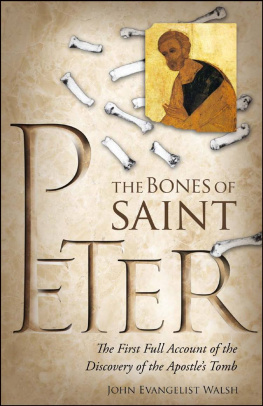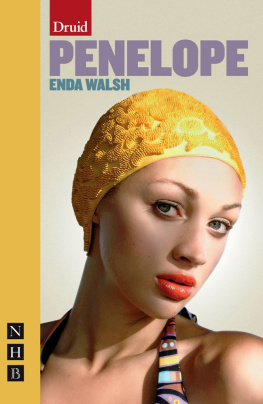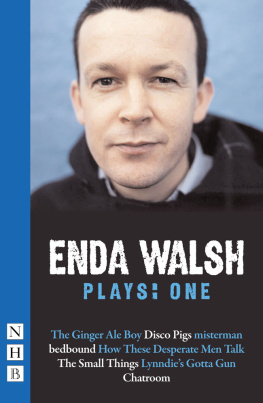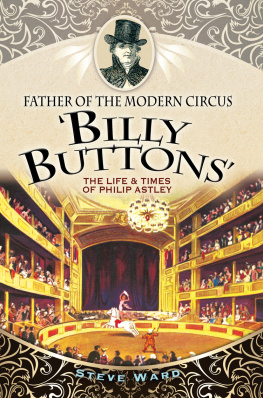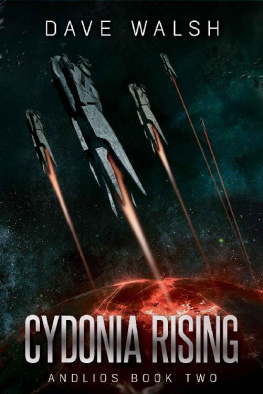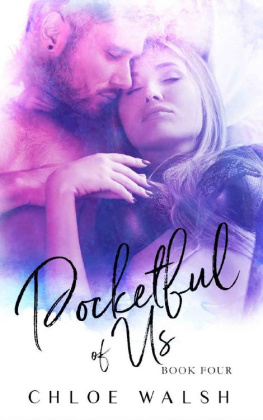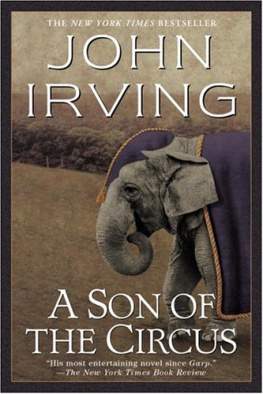John Walsh - Circus of Dreams
Here you can read online John Walsh - Circus of Dreams full text of the book (entire story) in english for free. Download pdf and epub, get meaning, cover and reviews about this ebook. year: 2022, publisher: Little, Brown Book Group, genre: Detective and thriller. Description of the work, (preface) as well as reviews are available. Best literature library LitArk.com created for fans of good reading and offers a wide selection of genres:
Romance novel
Science fiction
Adventure
Detective
Science
History
Home and family
Prose
Art
Politics
Computer
Non-fiction
Religion
Business
Children
Humor
Choose a favorite category and find really read worthwhile books. Enjoy immersion in the world of imagination, feel the emotions of the characters or learn something new for yourself, make an fascinating discovery.
- Book:Circus of Dreams
- Author:
- Publisher:Little, Brown Book Group
- Genre:
- Year:2022
- Rating:4 / 5
- Favourites:Add to favourites
- Your mark:
- 80
- 1
- 2
- 3
- 4
- 5
Circus of Dreams: summary, description and annotation
We offer to read an annotation, description, summary or preface (depends on what the author of the book "Circus of Dreams" wrote himself). If you haven't found the necessary information about the book — write in the comments, we will try to find it.
Circus of Dreams — read online for free the complete book (whole text) full work
Below is the text of the book, divided by pages. System saving the place of the last page read, allows you to conveniently read the book "Circus of Dreams" online for free, without having to search again every time where you left off. Put a bookmark, and you can go to the page where you finished reading at any time.
Font size:
Interval:
Bookmark:
CIRCUS OF DREAMS
ADVENTURES IN THE 1980s LITERARY WORLD
John Walsh

CONSTABLE
First published in Great Britain in 2022 by Constable
Copyright John Walsh, 2022
The moral right of the author has been asserted.
All rights reserved.
No part of this publication may be reproduced, stored in a retrieval system, or transmitted, in any form, or by any means, without the prior permission in writing of the publisher, nor be otherwise circulated in any form of binding or cover other than that in which it is published and without a similar condition including this condition being imposed on the subsequent purchaser.
A CIP catalogue record for this book
is available from the British Library.
ISBN: 978-1-47213-346-5
Constable
An imprint of
Little, Brown Book Group
Carmelite House
50 Victoria Embankment
London EC4Y 0DZ
An Hachette UK Company
www.hachette.co.uk
www.littlebrown.co.uk
To Valerie Grove and Sarah Spankie my friends and benefactors, confidantes and fellow carousers over 30+ years this book is dedicated with love.
Contents

Any author who offers his reader personal remembrances of events from three decades ago risks being greeted with scepticism and accusations of invention. Im happy to say that, in summoning up the past, Ive been able to call on scores of newspaper articles, magazine interviews and diary items from the period, written by me and others, plus letters, cards and memos from authors and fellow journalists in those pre-email days, along with recent personal recollections from several people involved in publishing and journalism in the 1980s.
Many conversations fuel the story I tell in these pages, and some may wonder how I can replicate words that were spoken so long ago. The answer is that, at some points, I have recalled the gist of what was said and re-cast or embellished the exchanges for dramatic effect. My inspiration here has been the line taken by Pooh-Bah in The Mikado : Merely corroborative detail, intended to give artistic verisimilitude to an otherwise bald and unconvincing narrative.
In other cases, I have simply sat with a pen and a sheet of A4 paper and summoned up the sentences that were uttered in this circumstance or that. I cant explain why I have a vast lumber of memories in my head. Why I should still be able to remember, as clear as daylight, the words with which the Evening Standard s diary editor announced the lead item of his gossip column in the conference room one Wednesday morning in 1987, I have not the faintest idea. But I can. Its still there.

As so many things do, it started with a Bang.
For several days in 1971, the London Evening Standard ran quarter-page advertisements for something called the Bedford Square Book Bang. It was scheduled to run for two whole weeks, from 28 May to 11 June. It would, the organisers promised, cram the oval garden in the middle of the famous square with blowsy pavilions, where poets and novelists would recite or debate. There would be a massive tented bookshop selling ten thousand titles, a childrens playground, a poets corner, a cooking tent, a gardening display, several refreshment areas (alcohol served after 6 p.m.) and a candy-striped Big Top.
The air of skittish playfulness that hung over the event was compounded by the crazy variety of the participants. Alongside the serious novelists who would discuss The Future of the Novel Margaret Drabble, Stan Barstow, Alan Sillitoe, Penelope Mortimer were the less highbrow authors of sex-and-showbiz bestsellers, Jacqueline Susann and Jackie Collins. For the modest entry fee of 50p, you might see such luminaries as Spike Milligan, Kingsley Amis, Stephen Spender, Barbara Cartland and Seamus Heaney among the crowd. Famous names from television were also featured. Percy Thrower would explain to the crowd How to Enjoy Your Garden, a young Mary Berry would present a cookery show, Dorian Williams the BBCs equestrian commentator would introduce The Ponies of Great Britain, Harry Corbett with Sooty and Sweep would entertain the book-lovers children, who could win prizes dished out by Geoffrey Bayldon, the star of TVs Catweazle , while hilarious comic turns were promised from ancient vaudevillian Tommy Trinder, and from Johnny Speight, the writer of Till Death Us Do Part . And, continuing the circus-tent theme, Coco the Clown would open the proceedings with an exploding book.
During the first week, I took the Tube to Tottenham Court Road one evening, walked down through Bloomsbury, and saw a miraculous sight. Slap-bang in the heart of London, through a stand of plane trees, a constellation of fairy lights twinkled in the gloaming over a huddle of faces beside the main marquee. I remember how good it felt to walk into the garden, trying to spot writers. Was that bearded guy John Fowles, whose novel The Collector had chilled my blood? Could the posh, cream-skinned lady in the powder-blue coat be Antonia Fraser, whose Mary Queen of Scots Id had to read for History A-level? In the Poetry Pavilion I watched as a bald man with a Scottish accent declaimed verses to a packed audience sitting on beer crates; as he read, he brandished his slim volume in one hand, slightly above the level of his face, as though perusing an exotic bird. I saw, from the books on the table, that he was called Iain Crichton Smith. I didnt know his name, but I remember admiring his bardic theatricality.
I spent only about ninety minutes at the Bang. I didnt talk to anyone. I bought a couple of bottles of Youngs Special in the beer tent, but didnt have enough money to enter the songs-and-jokes cabaret. I bought one book Selected Poems of Louis MacNeice after flicking it open at a table and reading a poem called Les Sylphides. But I glowed with pleasure at having hung out at an actual Literary Event, at having walked among the trees beside actual real-life novelists, playwrights, poets and critics, in the hallowed bit of London where, sixty years earlier, Virginia Woolf and her friends had taken tea and lolled in their deckchairs on warm June evenings like this one.
My fascination with meeting real-life writers went back to 1963, when I was ten. My sister Madelyn and I grew up in south London to Irish Catholic parents called Martin and Anne. Both were medical people. My mother was a former nursing sister, thrilling of bosom and stern of demeanour; my father a GP, Brylcreemed of bonce and genial of manner. Neither was an avid reader. When I went to Balham Public Library, Mum would ask me to bring home something by the American author Elizabeth Seifert, whose chosen creative path was signalled by the titles of her work: The Doctors Private Life , Doctors Kingdom , Love Calls the Doctor , The Doctors Were Brothers , Two Doctors and a Girl , Katies Young Doctor...
Dad had a lot of respect for Victorian classics. He urged us to read The Heroes by Charles Kingsley, a re-telling of three Greek myths from a very Christianised perspective, although the bits about Jason and the Argonauts were fun. He told me Id enjoy The Coral Island by R. M. Ballantyne, in which three English schoolboys are shipwrecked on an uninhabited Polynesian island and, through public-school resourcefulness and sturdy Victorian enterprise, manage to feed themselves, make clothes and fashion a shelter, while watching missionaries convert nearby islanders to Christianity.
Next pageFont size:
Interval:
Bookmark:
Similar books «Circus of Dreams»
Look at similar books to Circus of Dreams. We have selected literature similar in name and meaning in the hope of providing readers with more options to find new, interesting, not yet read works.
Discussion, reviews of the book Circus of Dreams and just readers' own opinions. Leave your comments, write what you think about the work, its meaning or the main characters. Specify what exactly you liked and what you didn't like, and why you think so.

